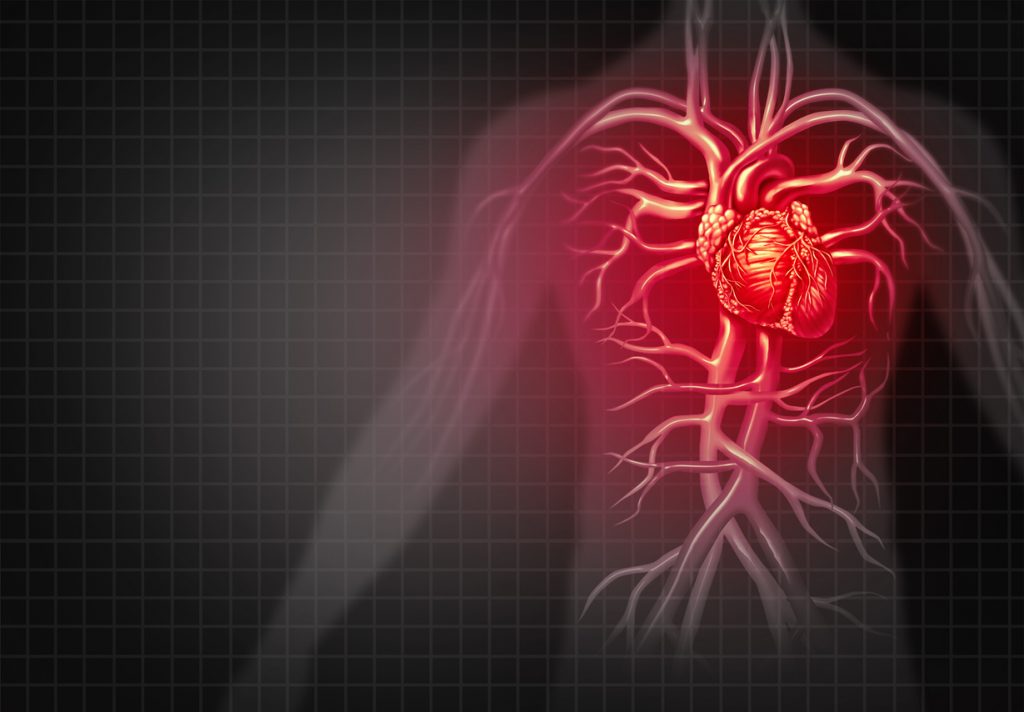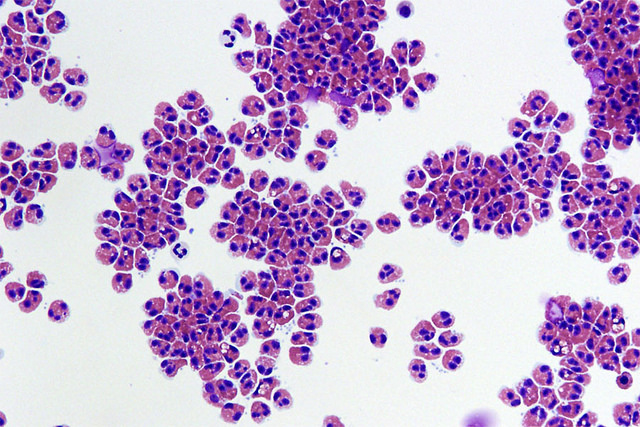To determine if low-dose enoximone therapy is an effective treatment for advanced chronic heart failure.
Official Title
ESSENTIAL Protocol No. My-021 and Protocol No. My-026, each titled: A Phase III, Randomized, Double-Blind, Multicenter, Parallel Group, Placebo-Controlled Study of Oral Enoximone vs. Placebo in Advanced Chronic Heart Failure Subjects
Conditions
– Heart Failure, Congestive
Study Type
Interventional
Study Design
Treatment, Randomized, Double-Blind, Placebo Control, Parallel Assignment, Safety/Efficacy Study
Further Details
The study is a randomized, double-blind, multicenter, parallel group, placebo-controlled trial of oral enoximone in approximately 700 subjects with advanced chronic heart failure of either ischemic or nonischemic etiology receiving optimal conventional heart failure therapy. Eligible subjects will be randomized in a 1:1 ratio to receive either enoximone or placebo at the Randomization Visit. The initial dose of study drug will be 25 mg t.i.d.(3xday) and will be administered immediately after randomization. Subjects who tolerate this initial dose will be continued on 25 mg t.i.d. for at least two weeks. After two weeks, eligible subjects will be titrated to 50 mg t.i.d. for the duration of the study.
Study Start
Eligibility & Criteria
Ages Eligible for Study: 18 Years and above, Genders Eligible for Study: Both Criteria In order to be considered eligible subjects, the following entry criteria must be met:At least 18 years of age ischemic or nonischemic cardiomyopathy NYHA Class III or IV symptoms of dyspnea and/or fatigue at rest or on minimal exertion for at least 2 months one hospitalization, or two outpatient visits, for the treatment of worsening heart failure within 12 months requiring the administration of I.V. heart failure therapy LVEDD >3.2 cm/m2 or >=6.0 cm LVEF of less than or equal to 30% concomitant treatment with optimal conventional heart failure therapy Exclusion CriteriaSubjects who meet any one of the following criteria will be deemed ineligible for participation in the study:heart failure due to uncorrected primary valvular disease, uncorrected thyroid disease, obstructive/hypertrophic cardiomyopathy, pericardial disease, amyloidosis, active myocarditis, malfunctioning artificial heart valve, uncorrected congenital heart disease, isolated right-sided heart failure, or primary pulmonary hypertension undergone a cardiac revascularization, valvular surgery, or bi-ventricular resynchronization procedure within 60 days myocardial infarction within 90 days ECG at screening with evidence of transmural ischemia (dynamic ST elevation or ST elevation associated with ischemic symptoms), ventricular tachycardia (VT) or premature ventricular complexes (PVCs) associated with symptoms, or VT of >6 beats sustained (>15 seconds) VT AICD that has fired for any ventricular arrhythmia within 90 days prior to the Randomization Visit documented diagnosis of angina that is unstable at any time within the 60 days prior to Screening or is the primary symptom that limits daily activity ventricular reduction surgery or cardiac myoplasty Subjects on a mechanical assist device Subjects on the following concomitant medications:Calcium antagonists other than amlodipine or felodipine Flecainide, encainide, propafenone, dofetilide or disopyramide Subjects receiving I.V. positive inotropic agents within seven days of the Screening Visit or Randomization Visit Subjects receiving a human B-type natriuretic peptide, including nesiritide, within seven days of the Screening Visit or Randomization Visit Subjects receiving oral or I.V. phosphodiesterase III inhibitors (PDEI III), including levosimendan and cilostazol, within seven days of the Screening Visit or Randomization Visit Subjects with active hepatic (screening serum total bilirubin >= 3.0 mg/dl (>=51.3 umol/l), renal (screening serum creatinine >= 2.0 mg/dl (=178.8 umol/l)), hematologic, gastrointestinal, immunologic, endocrine, metabolic, or central nervous system disease Subjects with a serum potassium <4.0 mEq/L or >5.5 mEq/L (<4.0 mmol/l or >5.5 mmol/l) at Randomization Visit Subjects with a magnesium level of <1.0 mEq/L (<0.5 mmol/l) at Randomization Visit (Visit 0) Subjects with a serum digoxin of >1.2 ng/ml (>1.5 nmol/l) or a serum digitoxin of >20 ng/ml (>26.2 nmol/l) at the Randomization Visit are excluded. A target serum digoxin level of <=1.0 ng/ml (<=1.3 nmol/l) is recommended
Total Enrolment
1400
Contact Details
[1] MyogenAll content and media on the HealthEngine Blog is created and published online for informational purposes only. It is not intended to be a substitute for professional medical advice and should not be relied on as health or personal advice. Always seek the guidance of your doctor or other qualified health professional with any questions you may have regarding your health or a medical condition. Never disregard the advice of a medical professional, or delay in seeking it because of something you have read on this Website. If you think you may have a medical emergency, call your doctor, go to the nearest hospital emergency department, or call the emergency services immediately.







